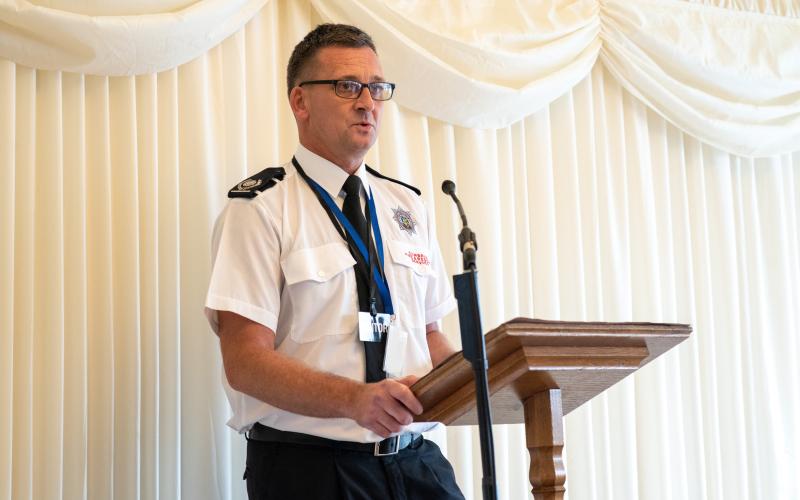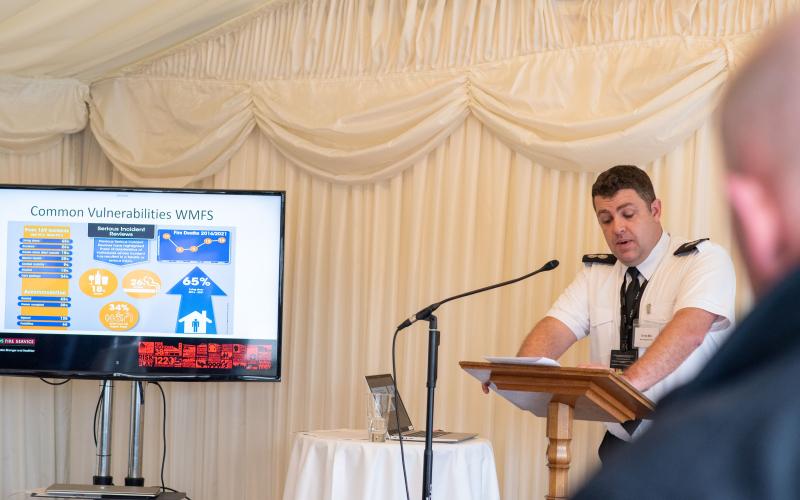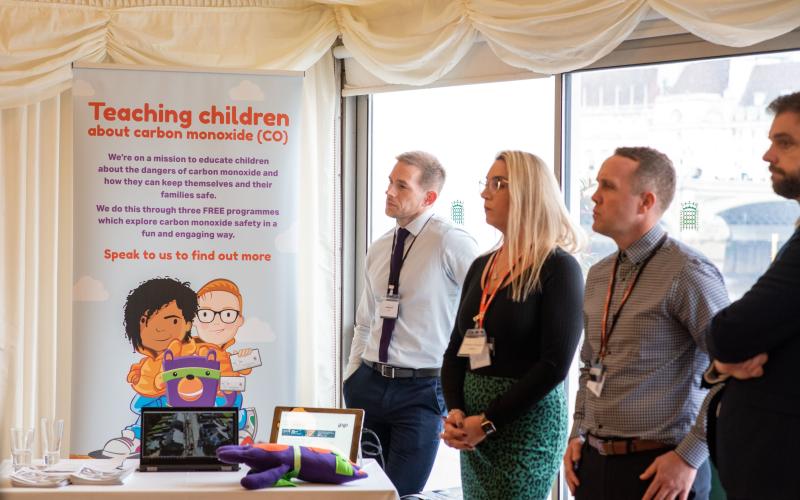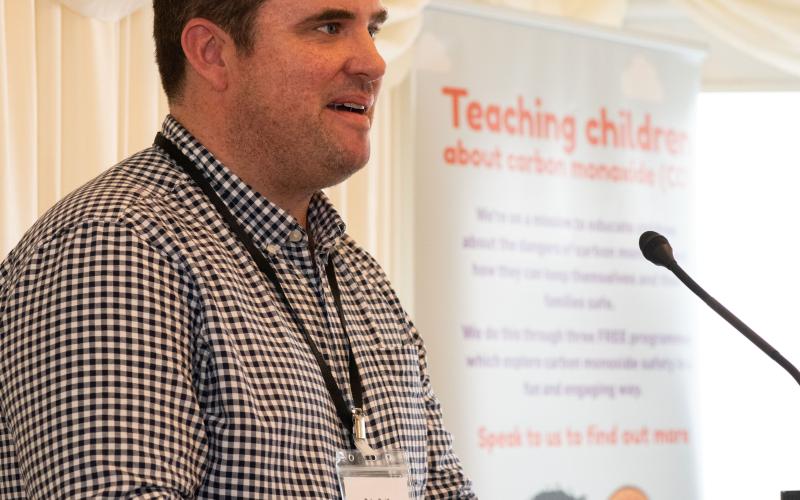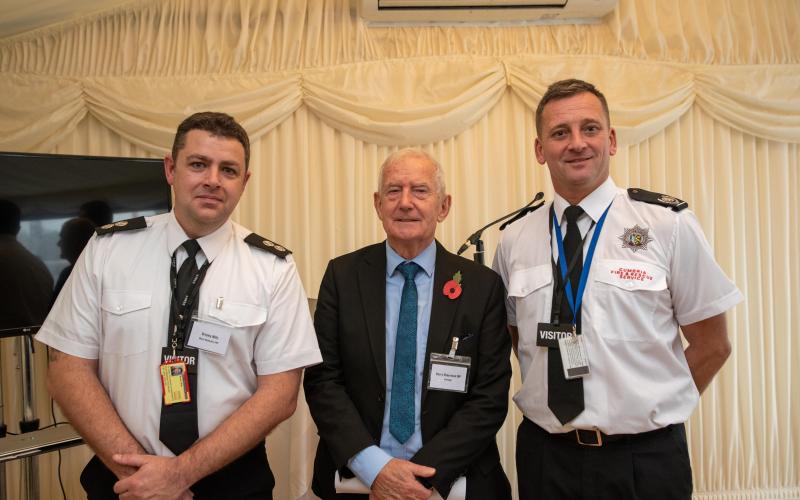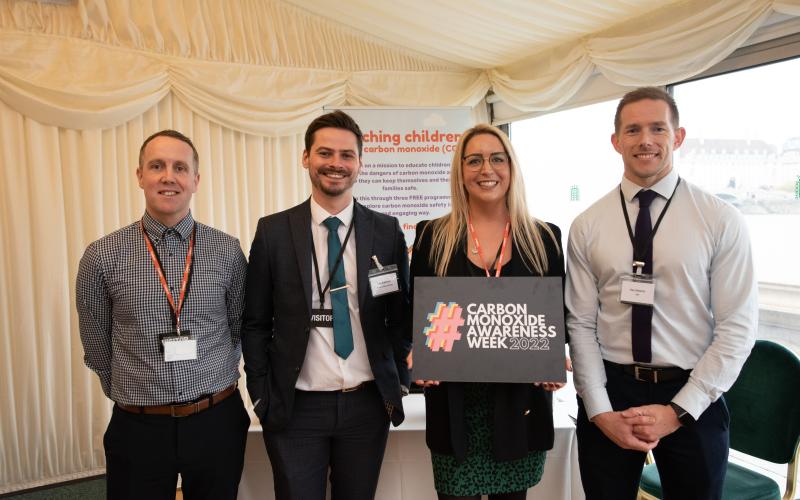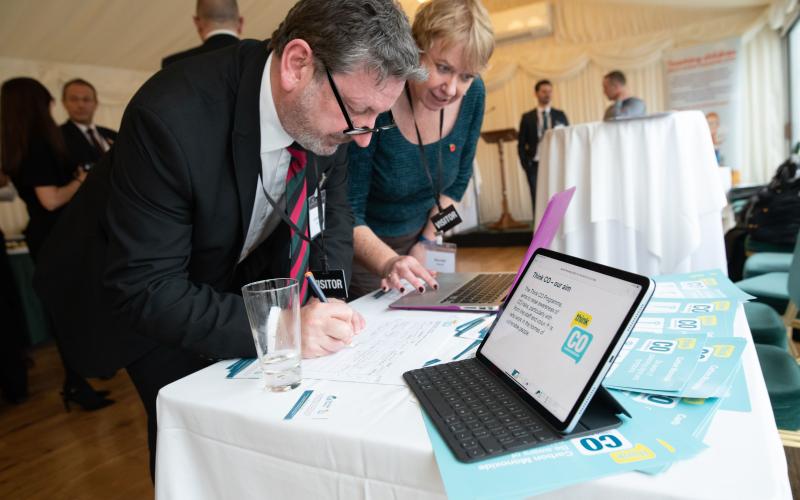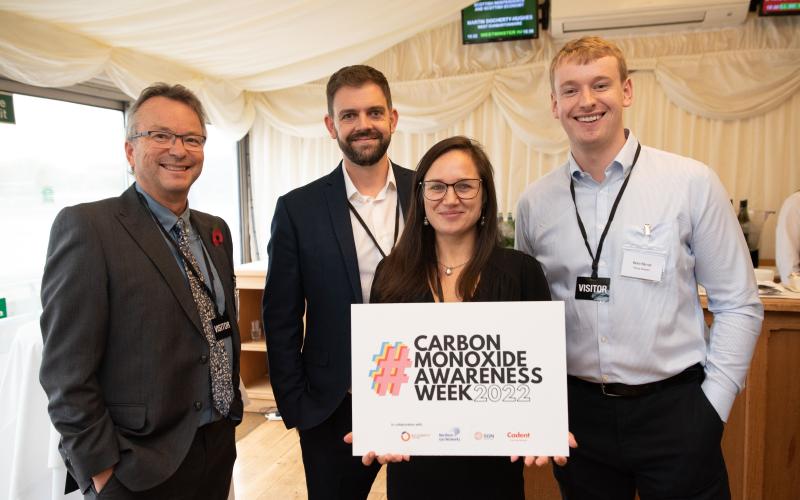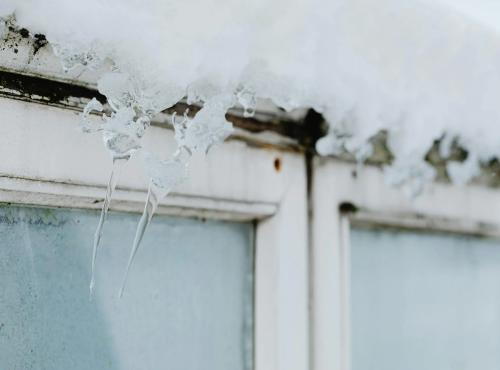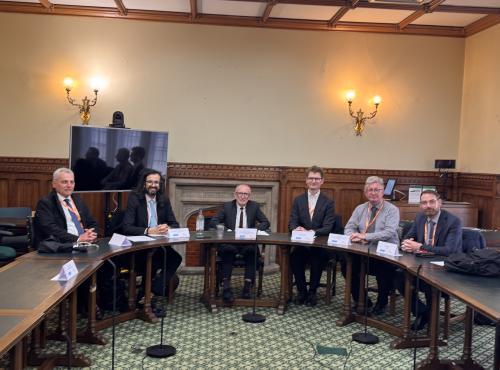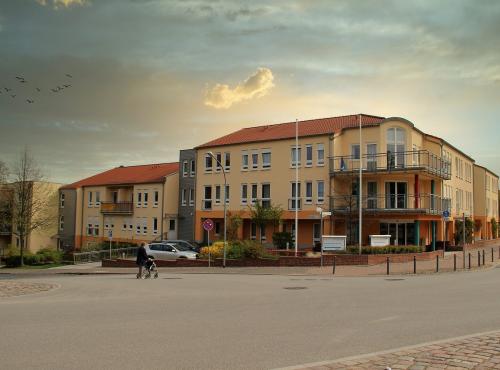Parliamentary Reception with the Fire and Rescue Service
The All-Party Parliamentary Carbon Monoxide Group (APPCOG) was delighted to host a reception with Fire and Rescue Services (FRS), which was chaired by Barry Sheerman MP in the House of Commons on 2 November.
The reception provided an extremely valuable opportunity to hear about the fantastic projects being carried out throughout the UK to increase carbon monoxide (CO) awareness and prevention. It offered a space for collaboration as we enter a difficult winter marked by public concern over energy and cost-of-living crises.
Barry Sheerman MP opened the event by reminding attendees of the importance of CO safety and reviewed the key milestones that have led the APPCOG to success over the last ten years. Barry shared a warm and touching tribute to Chris Bielby MBE, whose generous support has been indispensable and has contributed to the protection countless homes and lives.
Craig Drinkald, Carbon Monoxide Lead for the National Fire Chiefs Council (NFCC), started off the presentations by reaffirming the NFCC’s commitment to CO safety. He emphasised that the Fire and Rescue Services can play an important role in supporting data collection and aid prevention. This is done by promoting and fitting CO alarms where possible, sharing consistent CO safety messages, recording valuable data, and collaborating with interested parties, such as the Gas Distribution Networks (GDNs).
Brinley Mills, Watch Commander West Midlands Fire Service (WMFS), spoke about three collaborative projects his service has undertaken. Under the Marmot Review, WMFS joined with Coventry City Council and Merseyside Fire and Rescue Service to identify CO poisoning in homes. 27,000 homes were visited, with only 10% found to have CO alarms installed. WMFS also partnered with Lancaster University to assist the study of neuropsychological effects of chronic low-level carbon monoxide exposure in homes in Coventry. Brinley also spoke of an ongoing study looking into the levels of CO present in the homes of pregnant women, where FRS are aiding data collection via safe and well visits.
Peter Smith, Director of Policy and Advocacy at National Energy Action (NEA) delivered the final presentation, welcoming the wonderful collaborative work being carried out by the GDNs and Fire and Rescue Services. Peter highlighted the importance and necessity of this work as we enter the winter months. The strong link between fuel poverty and CO risk highlighted in the NEA’s 2017 report leaves no doubt that efforts must increase to keep people safe from the dangers of CO exposure.
Following the presentations, guests were invited to enjoy some refreshments and engage with representatives from the Fire and Rescue Services, Parliamentarians, the GDNs and Think CO, who both provided information stalls. The GDNs play a vital role in carbon monoxide safety and are combining resources to deliver their commitment to keep consumers and their loved ones safe, warm, and connected; and offer several free services to households in need of support.
Think CO engaged with attendees on the CO risk and prevention training they deliver to all sectors, including Fire and Rescue Services. The program focusses on the sources, signs, and symptoms of CO exposure, how to help prevent it, and what to do if you suspect a CO incident.
The APPCOG is grateful to the UK’s four Gas Distributions Networks: Cadent, Northern Gas Networks, SGN, and Wales & West Utilities for kindly sponsoring this informative, collaborative, and stimulating event.
The APPCOG continues its work and campaigning to raise awareness on the dangers of carbon monoxide, to help save lives. We look forward to the upcoming annual Carbon Monoxide Awareness Week which kicks off 21 November. You can read more about the campaign here.
For further updates on the APPCOG’s work, please follow us on Twitter @APPCOG_UK.
